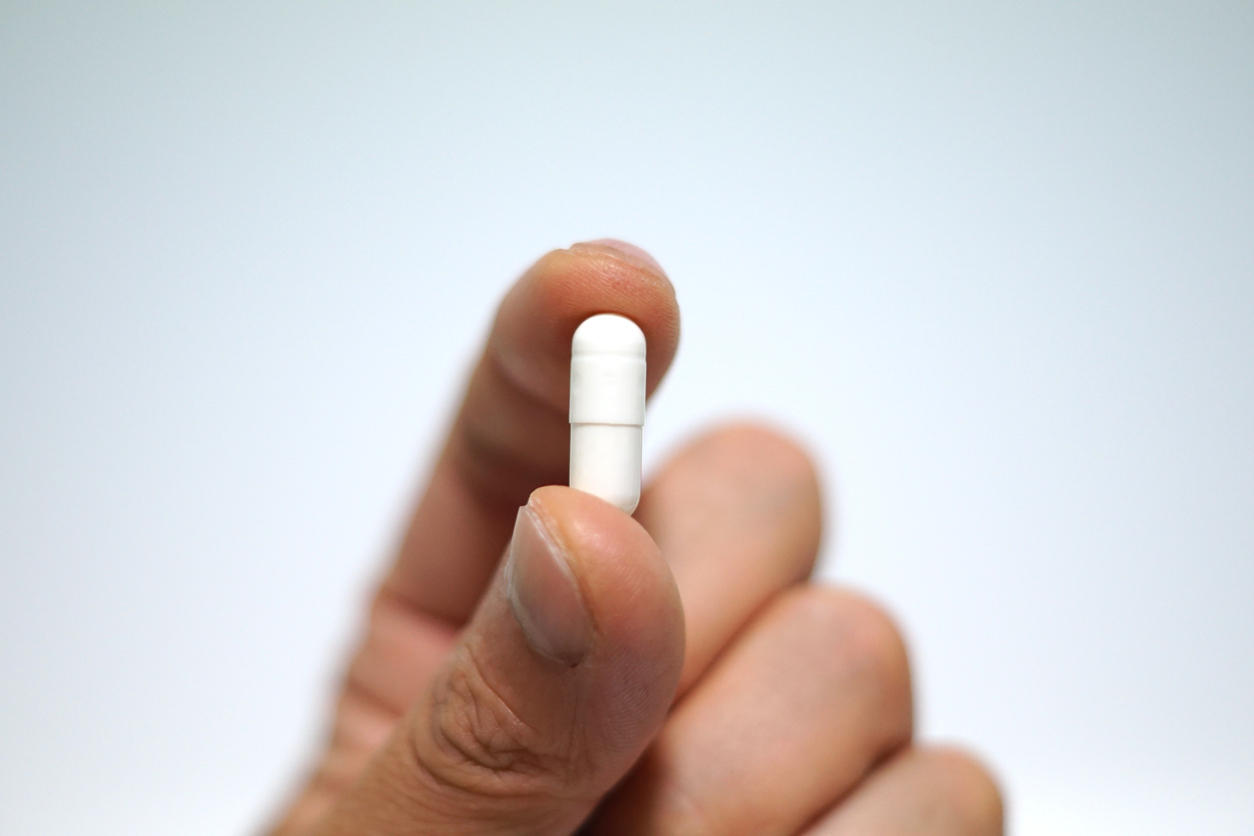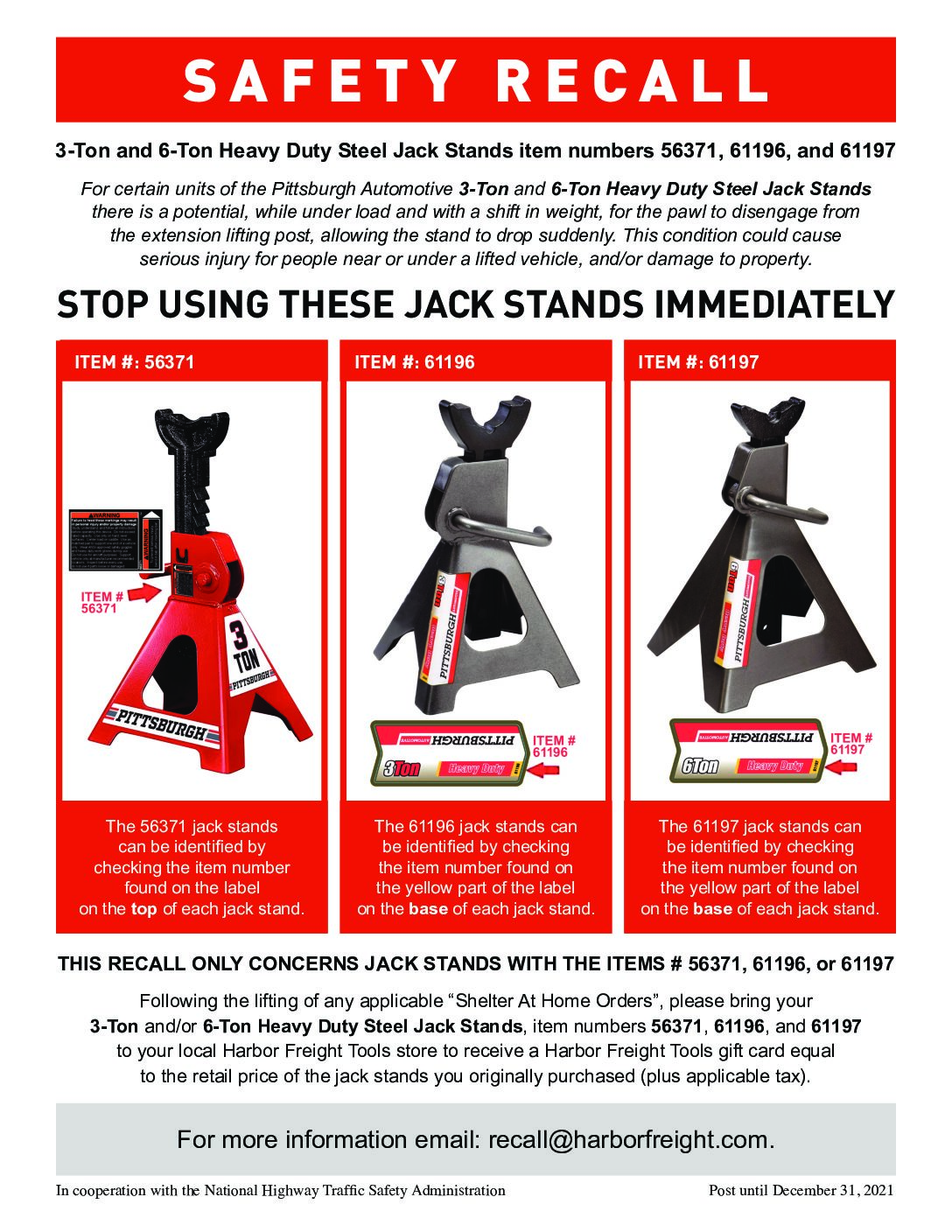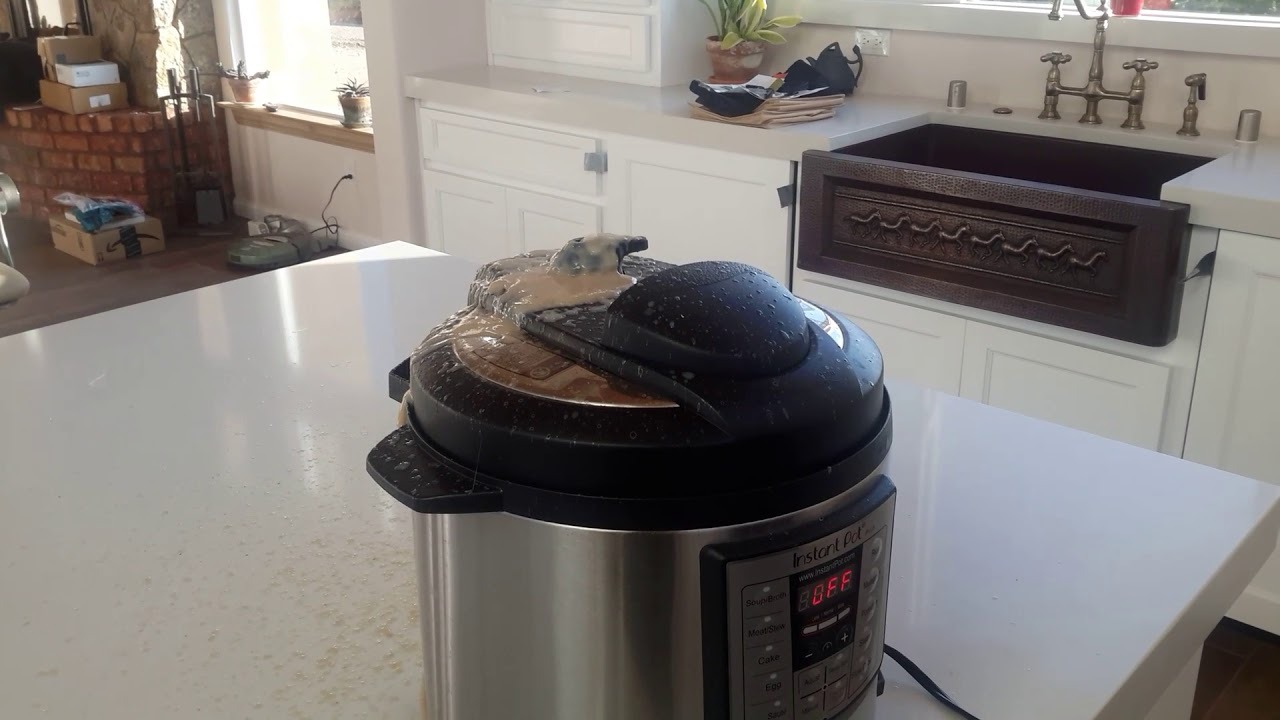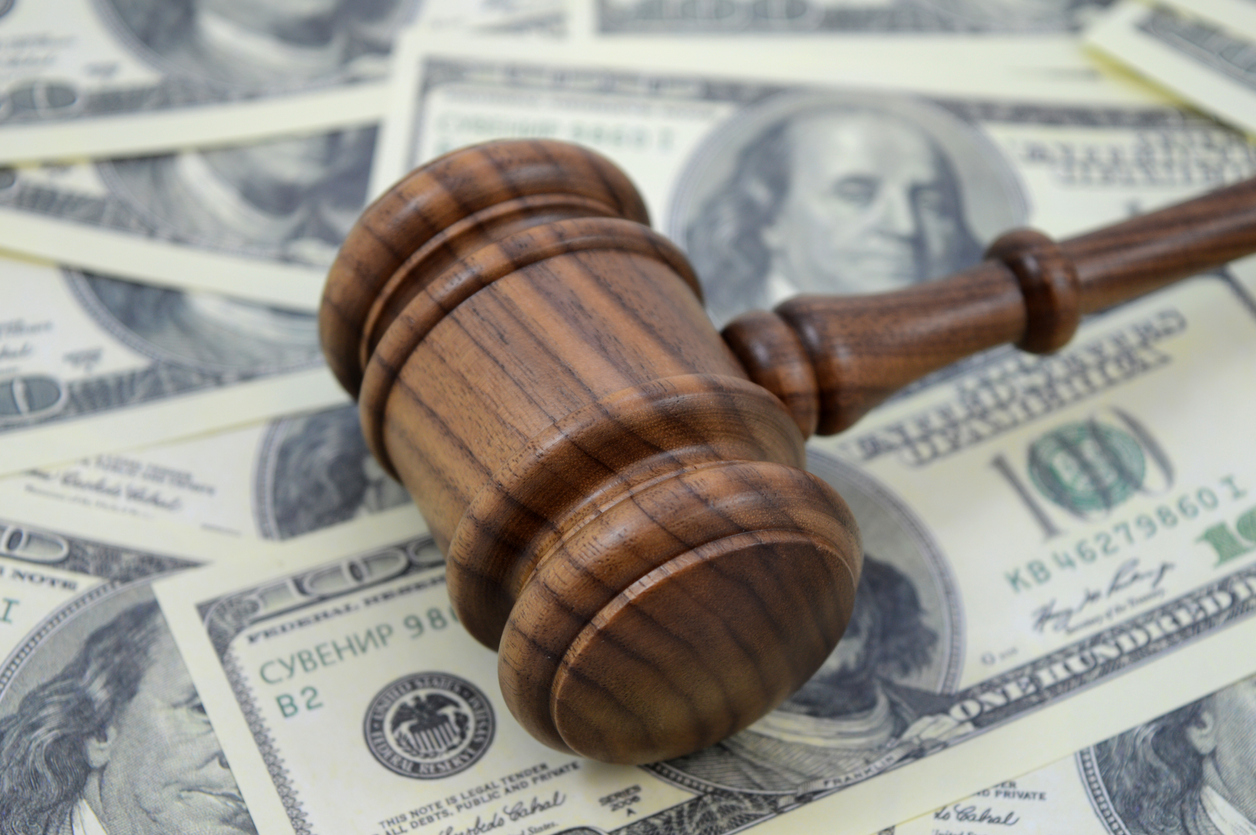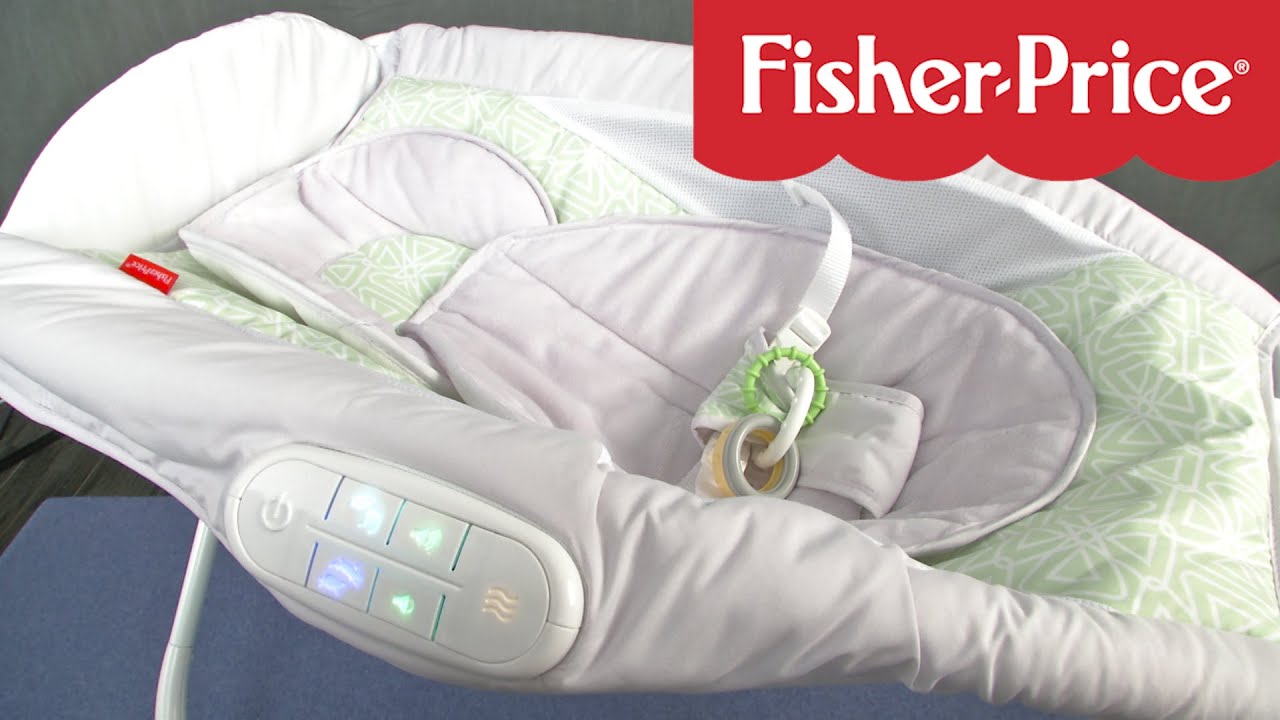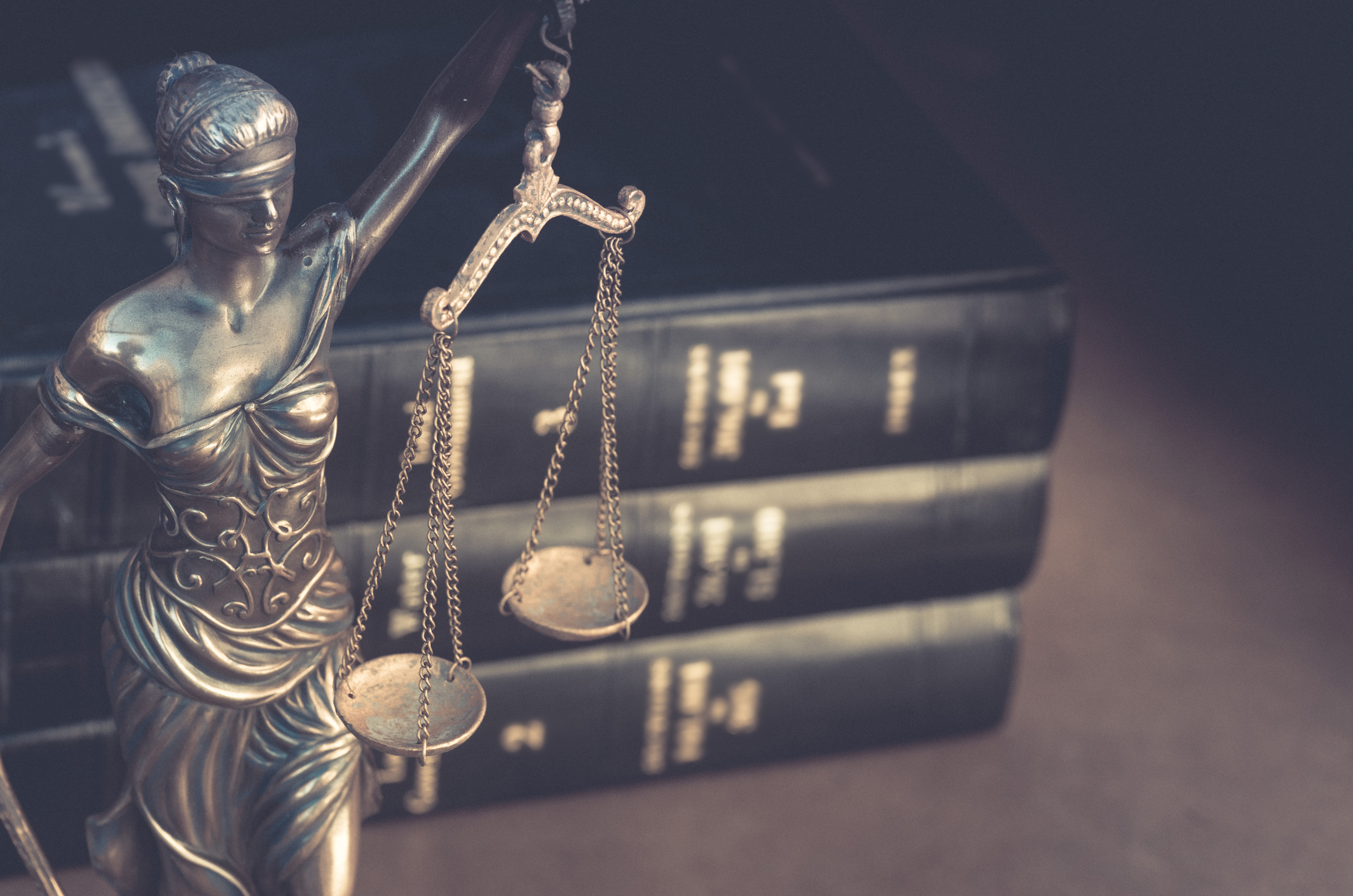
Oscar Nilsson suffered minor injuries late last year when a self-driving car failed to account for a swift change in traffic flow, causing him to run into the car during a lane change.
General Motors Co. has agreed to settle the lawsuit involving Nilsson who claims the company’s negligent self-driving car caused the accident last year in San Francisco. Details of the settlement will be finalized at the end of June.
The self-driving GM Cruise allegedly “veered back” into Nilsson’s lane which knocked him to the ground. In a report conducted by GM, the Cruise was in the midst of heavy traffic and recognized a space open up. As it began to merge between two cars, a sudden change in pace caused it to abort the move. At the same time, Nilsson had been changing lanes of his own, following the path of the Cruise. He was struck when the Cruise abruptly changed courses.
Nilsson’s suit indicated he will require a lengthy treatment to amend injuries he suffered to his neck and shoulders.
Coming on the heels of recent autonomous car snafus, Nilsson’s case preys on the fears people already have about technologically-operated vehicles.
Earlier this year, Tesla became emblazoned in a suit after its Model X caught fire on a freeway in the Bay Area, overturning and killing the driver. In another unrelated case, a software glitch caused a Tesla self-driving vehicle to strike a pedestrian in Florida because the vehicle’s software didn’t detect she was a person.
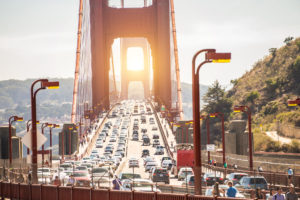
In a recent survey of 1,000 people conducted by the American Automobile Association, 73 percent of drivers are scared to ride in self-driving vehicles.
That number is up by 10 percent from last year and offers an interesting twist on the demographic. Of the survey-goers, millenials are the largest grouping that concede to those findings, a striking contrast due to their being the purveyors of the revolutionary technological landscape.
There have been nearly 40 crashes involving self-driving cars since January 2017. Of that number, 33 involved the GM Cruise vehicles but GM has not been declared to be at fault for the crashes.
In an October 2017 blog post, Cruise CEO Kyle Vogt said, “While it seems crazy to test in an absurdly complex place like San Francisco, it’s absolutely necessary.” He further stated that in doing so, they can achieve the fastest level of performance and reliability to sustain self-driving cars in a sustainable way.
